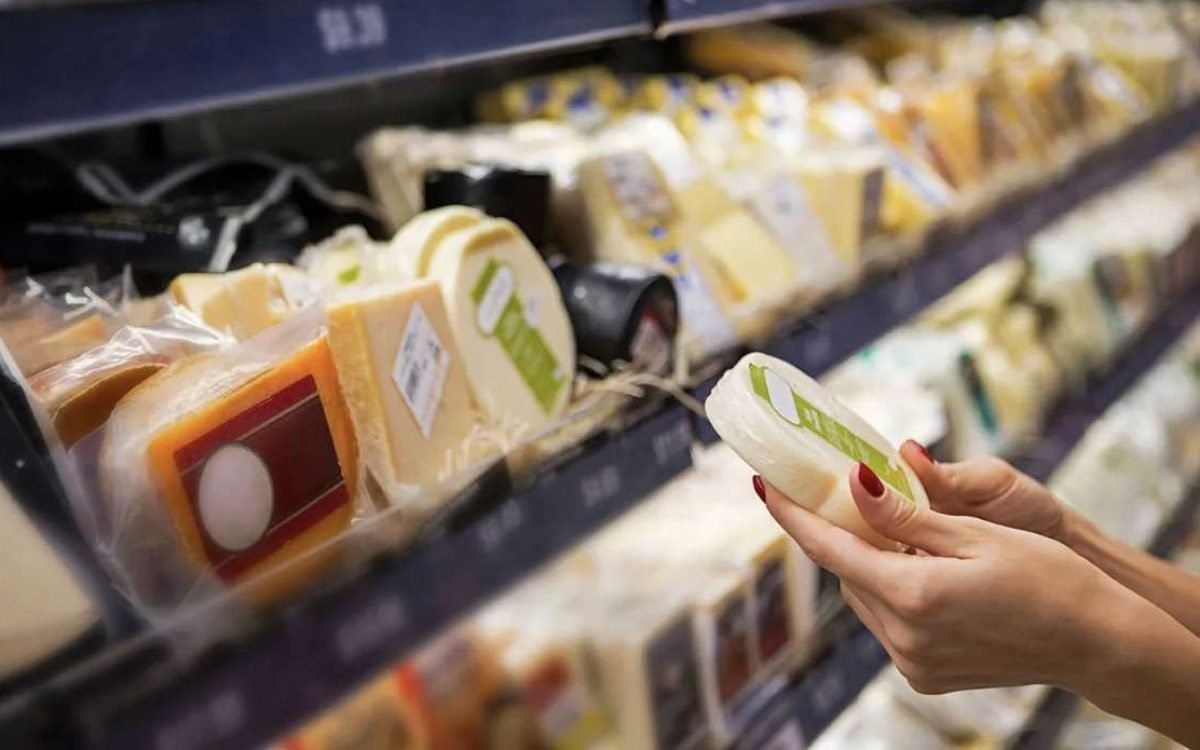Decade-Long Listeria Outbreak Linked to California Cheese Company
Federal officials have pinpointed a California cheese and dairy company as the source of a prolonged outbreak of listeria food poisoning spanning over a decade, shedding light on a previously elusive connection that claimed two lives and left numerous others sickened. Northeastern University food safety policy expert Darin Detwiler underscores the significance of recent advancements in genetic testing, particularly whole genome sequencing, which enabled government agencies to uncover the link among cases initially identified in June 2014.
Detwiler, an associate teaching professor of food policy, emphasizes how technological progress in genetic testing has revolutionized the field of food safety, allowing authorities to identify patterns and connections among seemingly disparate incidents. Previously considered separate outbreaks were revealed to be part of the same family of listeria contaminations, offering the Centers for Disease Control and Prevention (CDC) a newfound understanding of these pathogens.
The outbreak has been traced back to soft cheeses and dairy products manufactured by Rizo-Lopez Foods of Modesto, California. Following the identification of the source, the CDC announced a recall of over 60 products sold under 13 different brands associated with the company. According to Detwiler, the listeria was detected in containers used to store the products before packaging, leading to recurring contamination with each new batch.
Identifying the source of listeria outbreaks has historically proven challenging due to various factors, including the delayed onset of symptoms and the difficulty in recalling past consumption. Symptoms can take up to 70 days to manifest, making it challenging for individuals to pinpoint the source of their illness. Despite these hurdles, public health investigators have utilized advanced technologies such as PulseNet, which compares DNA fingerprints of bacteria from patients to identify related cases.
While some victims reported consuming specific brands of soft cheeses, not all recalled the products they consumed or even recalled consuming soft cheeses at all. This underscores the complexity of tracing foodborne illnesses and highlights the importance of continued vigilance and advancements in food safety technology.
As authorities continue to investigate and address the outbreak, the case serves as a reminder of the critical role of science and technology in safeguarding public health and preventing the spread of foodborne pathogens.









